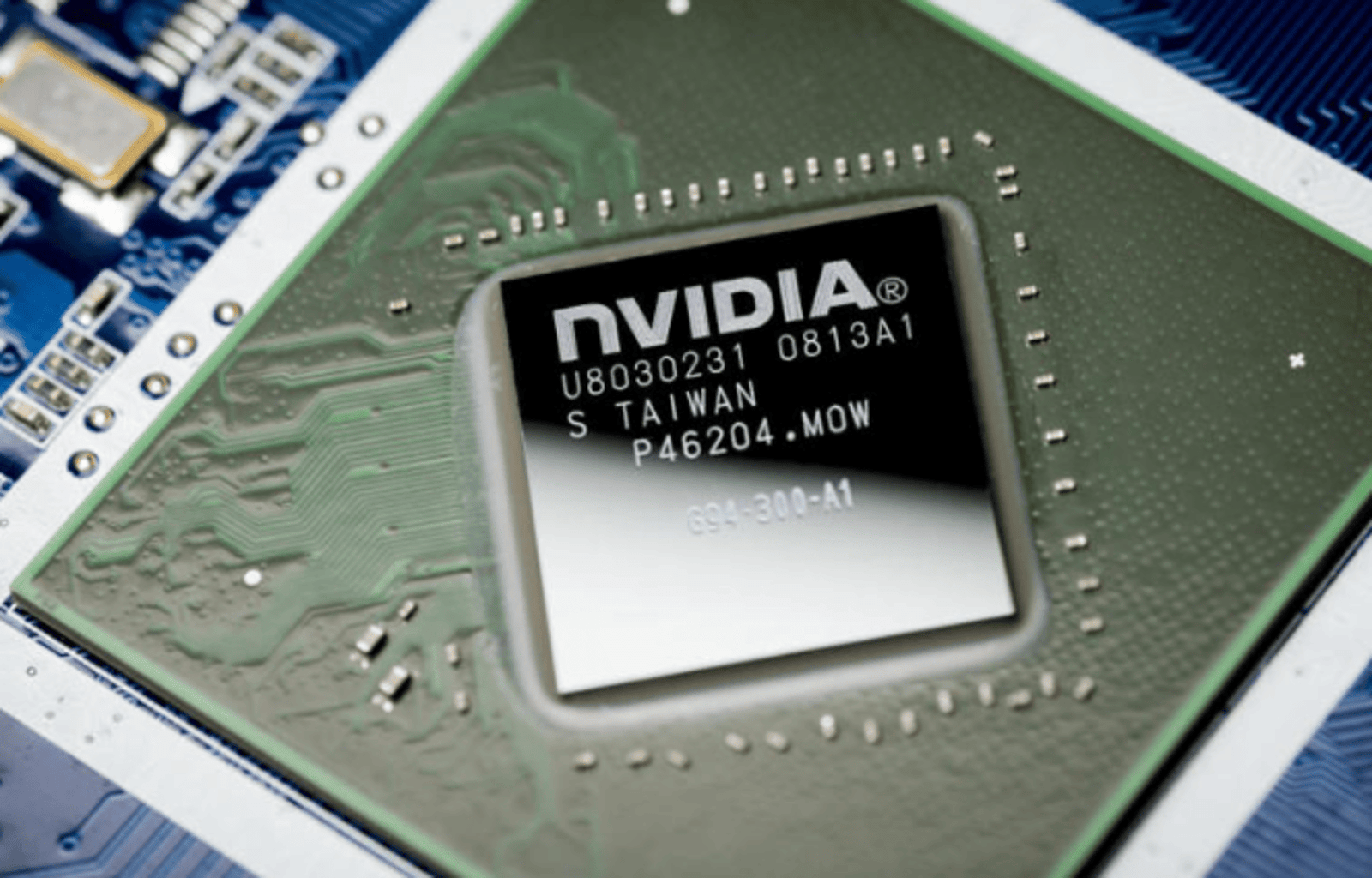
3 Ways Nvidias Slowdown Fuels Future Success. Nvidia’s Market Adjustment: Why It’s Good for Investors
Nvidia, a leader in artificial intelligence (AI) and chip manufacturing, is at a critical point. The company’s latest earnings report offered strong results but left some analysts and investors with mixed feelings. This reset might be what Nvidia and the market need. Here’s a closer look at Nvidia’s recent developments, the challenges ahead, and the growth potential. 3 Ways Nvidias Slowdown Fuels Future Success
Mixed Earnings Spark Market Reactions
Nvidia’s earnings for the October quarter were robust. Adjusted earnings reached 81 cents per share, with revenue hitting $35.1 billion. Yet, concerns arose about slower growth and gross margin declines.
Nvidia’s revenue guidance only slightly surpassed expectations for the first time in seven quarters. This small beat reflects a shift in market sentiment.

Why Slower Growth Can Be Good
A slowing pace of growth might seem like bad news. However, it introduces a much-needed pause for reflection. Nvidia has been on a meteoric rise. The market has become accustomed to significant quarterly “beat-and-raise” earnings surprises.
CEO Jensen Huang signaled that some volatility should be expected. The annual release of new AI chip generations, like the upcoming Blackwell series, will naturally cause fluctuations. This adjustment could lead to better long-term stability.
Blackwell Chips: A New Frontier
Nvidia’s focus is on its next-generation Blackwell AI chips, which promise transformative performance. Major partners like Dell, Oracle, and CoreWeave have already received shipments.
Supply constraints mean it will take time to meet this demand fully. Nvidia anticipates supply issues continuing through fiscal 2026.
Nvidia’s Revenue increase
However, supply chain challenges remain. Even with full-capacity Blackwell production, demand will outpace supply for several quarters. This creates short-term uncertainty but also highlights Nvidia’s growth potential.
Challenges Ahead
Wall Street expects high growth from Nvidia. Investors have grown used to extraordinary growth, but the reality is shifting. Analysts sought reassurance about the company’s future margins and growth.
Nvidia’s management has clarified that they guide one quarter at a time. This cautious approach reflects the uncertainty of navigating supply constraints and demand surges.
Impact on the Market
Nvidia’s cooling rally may be a positive sign for the market. The so-called “Magnificent Seven” tech stocks, including Nvidia, have dominated market performance for two years. Investors piling into these stocks created a concentration risk.
Now, as Nvidia’s growth slows, investors may diversify. Seeking returns in other sectors is healthy for the broader market.
The Bull Case for Nvidia
Even with mixed reactions, there’s plenty for bulls to celebrate. Blackwell chips are just the beginning. Once supply catches up with demand, Nvidia’s sales and margins are expected to improve.
The company’s position in AI remains unmatched. Its ability to innovate and dominate the AI hardware market will likely keep it at the forefront of the industry.
Nvidia’s Demand
The demand for Nvidia’s products is unprecedented. Jensen Huang acknowledged that meeting global demand for Blackwell is a significant challenge. The company is ramping up production but warns that shortages will persist.
While this creates short-term headwinds, it also signals long-term opportunities.
AI Servers: A Game-Changer
Nvidia is shipping its most advanced AI servers. These systems feature 72 Blackwell chips, designed for intensive AI tasks.
These innovations cement Nvidia’s role as a leader in AI infrastructure.
Market Expectations Reset
For investors, Nvidia’s mixed earnings serve as a wake-up call. The extraordinary growth seen in recent quarters cannot continue indefinitely. Adjusting expectations is part of the natural market cycle.
This reset allows the company to focus on long-term strategies rather than chasing short-term results. Nvidia’s leadership remains confident in its vision for AI-driven growth.
The Role of Supply Constraints
Nvidia is facing ongoing supply problems. Even though they are producing at full capacity, the demand for Blackwell chips is higher than what they can supply. This issue isn’t new but has become more serious because of the rise in AI.
CFO Colette Kress highlighted that it will take time to meet this demand. While this situation is frustrating in the short term, it shows that Nvidia holds a strong position in the market.
Looking Beyond Nvidia
Nvidia’s slower growth encourages investors to explore other opportunities. The concentration of capital in a few tech stocks has created an imbalance. Diversifying investments is not just advisable but necessary for market health.
This shift could benefit smaller companies and emerging sectors. As Nvidia stabilizes, other players may rise to prominence.
Psychological Impact on Investors
Conclusion: The Road Ahead
For long-term investors, Nvidia remains a leader in AI and continues to innovate, which is reassuring. While short-term changes may be uncomfortable, they help create a more stable and sustainable future for both Nvidia and the wider market. Nvidia’s mixed earnings mark a turning point. The company faces supply constraints, slower growth, and heightened expectations.
In the world of AI, Nvidia remains the leader. Its ability to adapt and evolve will determine its future. Investors must be prepared for bumps along the way but can remain optimistic about Nvidia’s potential.







